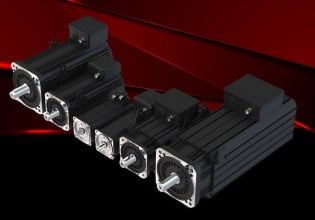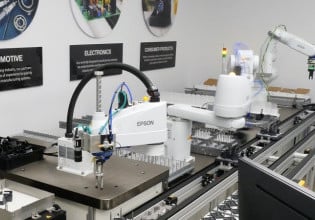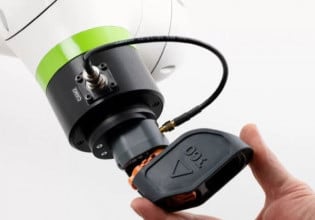I decided to apprentice as a motor winder (euphemistically known as an electric motor service technician). I have some previous electrical training. I received an electrical engineering technologist diploma. I guess my knowledge base from this diploma would be somewhere in between an electrical engineer and an electrician.
I'm not a super confident person so the idea of working on the engineering side of things (design etc) intimidated me as things can get quite complex. My math isn't terrible. I can do algebra, trig, and basic calculus, but I'm by no means a 'mathlete.' The climate where I live is very cold and so the idea of working as an electrician did not appeal to me either.
Henceforth a motor winder seemed like a good fit. It's shop-based, hands-on, and I assumed there would be a lot of technical troubleshooting, measuring, and testing.
I've only been at the motor winder position for about a week now. But I'm starting to have my doubts. The area I'm at has a lot of industrial plants and so most of the equipment we work on is large industrialized three phase motors. (Ex. 4000 volt 700-1000 HP).
Most of the motors have to be completely overhauled. I'm not completely knowledgeable of the entire process yet, but most of the work seems to involve stripping down and disassembling the motor, cleaning it, and then inserting new coils into the stator, reassembling, and then testing it.
It seems like the majority of the time is spent placing the new coils back into the stator. I find it to be tough on the hands as it takes quite a bit of effort to maneuver the coils into the stair slots. I found that my hands and arms get pretty cut up from this. It's definitely not the most physically demanding job ever, but I fear that over the years issues such as carpal tunnel syndrome and arthritis are very likely.
It seems I assumed, incorrectly, that there would be more of a technical component to the job. For example, doing circuit analysis, troubleshooting motor systems (starters, overload protection, relays), and using software to diagnose issues.
It seems like the only time we work on anything live is when the motor is tested, and this involves nothing more than hooking it up and pressing a couple of buttons.
Wondering if I made a mistake choosing this trade. The shop is multidisciplinary; we have mechanics, welders, millwrights, and machinists. In particular, The machinist work seems more interesting than what the winders do.
I'm not a super confident person so the idea of working on the engineering side of things (design etc) intimidated me as things can get quite complex. My math isn't terrible. I can do algebra, trig, and basic calculus, but I'm by no means a 'mathlete.' The climate where I live is very cold and so the idea of working as an electrician did not appeal to me either.
Henceforth a motor winder seemed like a good fit. It's shop-based, hands-on, and I assumed there would be a lot of technical troubleshooting, measuring, and testing.
I've only been at the motor winder position for about a week now. But I'm starting to have my doubts. The area I'm at has a lot of industrial plants and so most of the equipment we work on is large industrialized three phase motors. (Ex. 4000 volt 700-1000 HP).
Most of the motors have to be completely overhauled. I'm not completely knowledgeable of the entire process yet, but most of the work seems to involve stripping down and disassembling the motor, cleaning it, and then inserting new coils into the stator, reassembling, and then testing it.
It seems like the majority of the time is spent placing the new coils back into the stator. I find it to be tough on the hands as it takes quite a bit of effort to maneuver the coils into the stair slots. I found that my hands and arms get pretty cut up from this. It's definitely not the most physically demanding job ever, but I fear that over the years issues such as carpal tunnel syndrome and arthritis are very likely.
It seems I assumed, incorrectly, that there would be more of a technical component to the job. For example, doing circuit analysis, troubleshooting motor systems (starters, overload protection, relays), and using software to diagnose issues.
It seems like the only time we work on anything live is when the motor is tested, and this involves nothing more than hooking it up and pressing a couple of buttons.
Wondering if I made a mistake choosing this trade. The shop is multidisciplinary; we have mechanics, welders, millwrights, and machinists. In particular, The machinist work seems more interesting than what the winders do.






